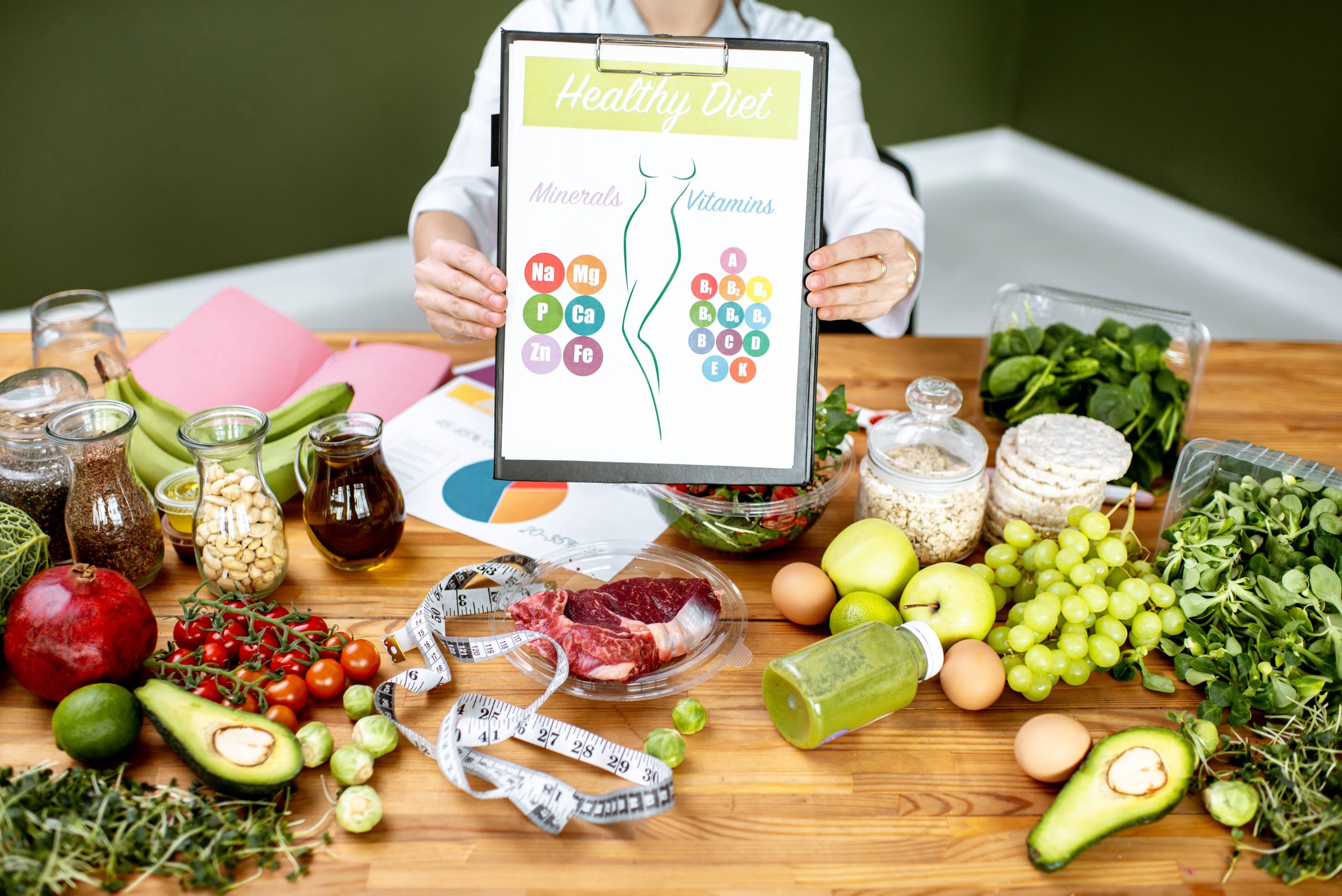
March is National Nutrition Month, a time to celebrate and promote the importance of making informed food choices and developing sound eating and physical activity habits. Whether you’re a seasoned health enthusiast or just beginning your journey towards better nutrition, this month offers a perfect opportunity to reassess your dietary habits and make positive changes. Here are some ideas to help you kickstart National Nutrition Month and embrace a healthier lifestyle.
1. Set Realistic Goals
The first step in improving your nutrition is setting achievable goals. Start by evaluating your current eating habits and identifying areas for improvement. Whether it’s reducing sugar intake, increasing vegetable consumption, or drinking more water, setting specific, measurable, attainable, relevant, and time-bound (SMART) goals can help you stay focused and motivated.
2. Plan Your Meals
Meal planning is a powerful tool for maintaining a balanced diet. By planning your meals in advance, you can ensure that you’re consuming a variety of nutrients and avoiding last-minute unhealthy food choices. Start by creating a weekly meal plan that includes a mix of proteins, carbohydrates, and healthy fats. Don’t forget to incorporate plenty of fruits and vegetables for added vitamins and minerals.
3. Experiment with New Recipes
National Nutrition Month is a great time to try new recipes and expand your culinary horizons. Experimenting with different cuisines and ingredients can make healthy eating more exciting and enjoyable. Consider trying plant-based meals, incorporating whole grains, or exploring international dishes that emphasize fresh, wholesome ingredients.
4. Practice Mindful Eating
Mindful eating involves paying attention to the flavors, textures, and aromas of your food, as well as your body’s hunger and fullness cues. By eating mindfully, you can develop a healthier relationship with food and prevent overeating. Take time to savor each bite, eat slowly, and eliminate distractions such as television or smartphones during meals.
5. Educate Yourself
Understanding the basics of nutrition can empower you to make better food choices. Take advantage of National Nutrition Month to educate yourself about the nutrients your body needs and how to read food labels. There are numerous resources available online, including articles, videos, and courses, that can help you deepen your knowledge of nutrition.
6. Incorporate Physical Activity
Nutrition and physical activity go hand in hand when it comes to maintaining a healthy lifestyle. Aim to incorporate at least 150 minutes of moderate-intensity exercise into your weekly routine. This can include activities such as walking, cycling, swimming, or yoga. Regular physical activity not only supports weight management but also boosts mood and energy levels.
7. Stay Hydrated
Proper hydration is essential for overall health and well-being. Water plays a crucial role in digestion, nutrient absorption, and temperature regulation. Make it a habit to drink plenty of water throughout the day, and consider reducing your intake of sugary beverages. Herbal teas and infused water can be flavorful alternatives to plain water.
8. Get Support
Making changes to your diet and lifestyle can be challenging, but you don’t have to do it alone. Seek support from friends, family, or a registered dietitian who can provide guidance and encouragement. Joining a community or online group focused on healthy living can also offer motivation and accountability.
9. Celebrate Your Successes
As you work towards your nutrition goals, take time to celebrate your achievements, no matter how small. Recognizing your progress can boost your confidence and inspire you to continue making positive changes. Consider keeping a journal to track your goals, challenges, and successes throughout National Nutrition Month.
10. Reflect and Adjust
At the end of National Nutrition Month, take a moment to reflect on your journey. Assess what worked well and what could be improved. Use this reflection to adjust your goals and strategies moving forward. Remember, nutrition is a lifelong journey, and it’s important to be flexible and adaptable as your needs and circumstances change.
In conclusion, National Nutrition Month is an excellent opportunity to focus on your health and well-being. By setting realistic goals, planning your meals, and embracing new habits, you can make meaningful changes that will benefit you long after March has ended. Remember, the key to success is consistency and a willingness to learn and grow. Here’s to a healthier, happier you!











